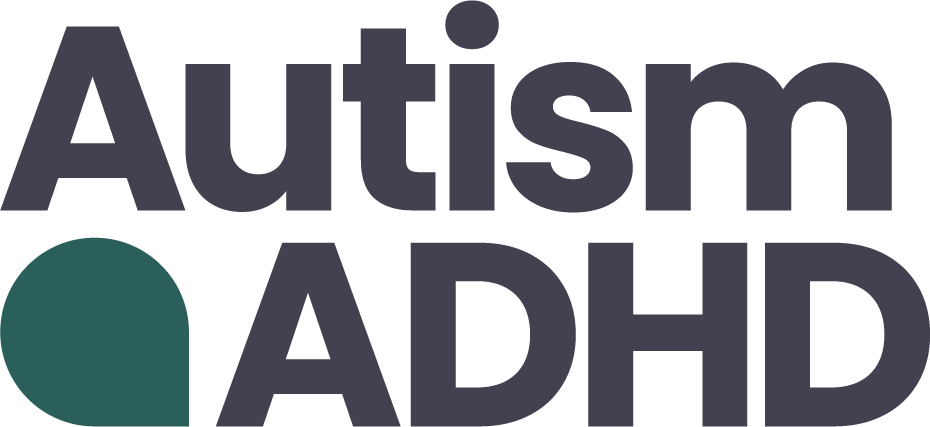Rosie - ‘Happy to help’, ‘All you have to do is ask’
Hello again,
I find these kinds of phrases hard. I know they are meant well but they can be quite disempowering for me. I’ve heard them again and again – from teachers, careers advisers, loved ones, therapists and I’ve encountered them on many a job application.
Beyond the social anxiety involved in asking someone for help, asking for help itself requires a lot of groundwork and unrecognised cognitive processing to arrive at a ‘helpable’ question.
To ask for help at school, I have to answer ‘why am I stuck?’. To access careers advice, I have to ‘just’ pick a career path. To get reasonable adjustments, I have to predict any workplace challenges that might befall me AND know how to alleviate them in a way that doesn’t disrupt business. To ask for support when I feel ill or sad at home, I have to interpret confusing bodily senses or breakdown the ambiguous sense of anger or sadness into operationalisable emotional causes. In therapy, to manage my struggles, I have to know what my goals are and what will help me achieve them.
It angers me because it means to ask for help I need to know how to solve my problem. If I knew that, I would be doing it. Help becomes self-help.
Desperate to access the support that everyone else finds helpful, I draw on any common problem I can find even if it doesn’t really match the blankness of my mind as to what is stopping me from moving forward. At school I just named a random concept or book chapter, for careers I would just pick a different field each time, I select from a pre-approved employment adjustments list unclear if it will actually make anything easier for me, I pick adjacent illnesses to try to describe my sickness for mum or just repeat the generic but inaccurate emotional descriptors ‘sad’ or ‘angry’ unable to have the energy to truly disentangle them from tiredness, frustration, boredom etc. The only goal I have ever been able to come up with in therapy – to feel less bad - has been rejected for not being ‘S.M.A.R.T’ and my inability to refine this has been cast as a lack of motivation to change.
This pre-processing work visibly frustrates me and leads to further misdiagnoses of my behaviour as laziness, stupidity or deliberate awkwardness. I often just get generic advice back like to read the textbook again, to think about what I enjoy or make pros and cons list, to read the person specification or research the company, to have a rest or be kind to myself or to gain weight and think about why I am sad. I have tried these things. I am capable of asking the internet before I seek help.
The advice isn’t implementable for me. How much should I research and where? How does the pros and cons list lead to a decision when they are across different criteria of pro and con? How to I find out what I enjoy without trying it first? How do I use the STAR technique to demonstrate being a ‘team player’ or ‘confident’? How can I show that I have researched the company in 150 characters? What do I do to be nicer to myself – how do I fill all 19 waking hours and how do I predict what I want to do or how stressed something will make me? How do I gain weight in a way that I can cope? How will knowing why I am sad help stop being sad?
It makes me feel exhausted and helpless. I am afraid to ask again and expose my ineptitude. It makes me feel useless and depressed that everyone else is able to address their problems and I can’t even work out what I need.
How do I ask for help with working out what I need to ask for help with? What if I need help thinking of solutions – what if that’s the bit I’m stuck with?
People often try and make me feel better by saying everyone finds this hard. It makes me feel invalidated and even more isolated – I find it hard differently and I need a different way to access help that isn’t so dependent on me being able to ask. Because for me the ‘all’ of ‘All you have to do is ask’ is a battle in itself.
Speak soon,
Rosie xxx
